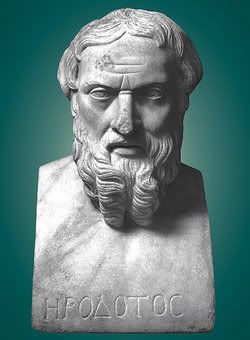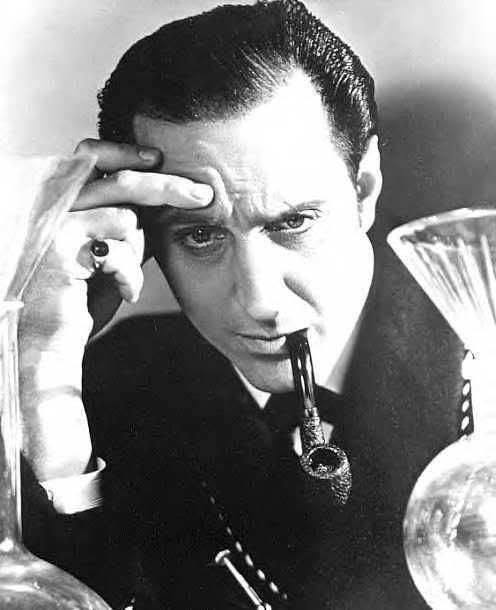I used to think that I didn’t read comic books as a kid. But lately I remember that I did. I was never an avid collector but certainly I did read Caspar, Richie Rich and other Harvey titles, Archie, Mighty Mouse, a Tarzan comic which caused me to ask my mother what an upside-down ‘i’ meant – turned out to be an exclamation mark – and lots of Commando comics. Indeed, if you ever need to tell a German ‘hands up’, ‘hurry up’ ‘pay attention’ or to hurl mild profanities at him, I’m your man. As I got into my teens though, I tended to think of comics as kids’ stuff.
But in my thirties I started reading the giants of comic books, the Marvel and DC superheroes. I blame Lucas Stibbard, comic book collector, fellow actor and good friend of mine. In 2004, he pressed into my hand a copy of Michael Chabon’s The amazing adventures of Kavalier and Clay, a superb novel of two cousins, one American one Czech who, to cut a long story very short, create a comic book in what is now known as the Golden Age of comic books. This is the era of the creation of Superman, Batman and many other classic characters, around WWII. The picture of this time, and the comic book industry made me go and actually read some comic books. I was quickly hooked. Luckily, local libraries now carry comic books because they are ruinously expensive to buy. That said, I now own Return of the Dark Knight and four volumes of The Essential Thor, so the collecting bug did not leave me unscathed.
The novel also led me to other Michael Chabon works, and the comic books led me to Neil Gaiman. Reading does that. Good writing leads you to look for more good writing. A reference in one book leads you to read another. Years ago I talked about comic books with Paul Galloway, now a playwright. He had also read the Harvey comics as a child. He said quite rightly that reading comic books is a good habit for your children because it gets them in the habit of reading. I remembered this conversation while reading Kavalier and Clay, as it followed the historic campaigns that wanted to ban comics as ruining children’s minds.
DC comics have an historic edge over Marvel because they created the archetypes of superheroes: the man given super powers by some strange circumstance, in Superman; the man who trains his body and mind to superhuman levels, in Batman; and the female superhero, Wonder Woman. All superheroes, I suspect, are variations on these three. Not that Marvel would be too worried by my assessment. With Spider-Man, Iron Man, the Hulk, Wolverine, the X-Men, Thor, Captain America and others either filling or soon to fill the cinemas, they’re doing all right.
The superheroes themselves derive from older myths of gods and super-humans (not only does Marvel have Thor and the Norse pantheon on their side, they also have Hercules and the Greeks) and even precursors in popular culture. Lee Falk’s Phantom is a sunnier Batman with a healthy psyche and happy family life. But it was DC who turned these characters into a publishing phenomenon.
Nowadays, these heroes have such complicated back stories, relationships, and psychological issues, with different worlds, different universes, times, reboots and retrocons, that it may be difficult for the neophyte to get into them. In the main, I stick to the classics myself, the big names that I at least have some handle on. Looking up Wikipedia to find summaries is only more confusing. And never ask a comic nerd ‘Who’s this guy?” unless you have a good half-hour to spare.
The latest comic book I read is It’s a bird by Steven T Seagle and Teddy Kristiansen. Comic books, as well as becoming more expensive, have become much more sophisticated. No longer aimed at children, they have tended to grow older with their audience. This work is what may be termed a meta comic, or deconstructuralist, post-modern, or depost-something; it’s a comic book about writing a comic book. The protagonist, Steve, is a successful comic book writer who has been offered the big one – a Superman story. But he is reluctant for many reasons, not the least of which is that his first Superman comic was given to him while he sat in the hospital as his grandmother was dying. His attempt to find meaning in the invulnerable man in red, blue and yellow tights in a 21st century modern world leads him down many creative and personal paths, some with dead ends. This could have been awful, but the result is quite the opposite. It’s revealing, the artwork is excellent, and the story is gripping. Will Steven take what should be his dream job? And if he doesn’t, why not?
So while I still don’t read comic books on public transport, I’m happy to out myself as a comic book reader in conversation or online (it turns out). I don’t need to refer to them as graphic novels, no more than I need to get the adult dust covers for my Harry Potter books. Stories are one of the things that make us human, and if someone is telling me a good story, I don’t much mind the form in which they tell it.










